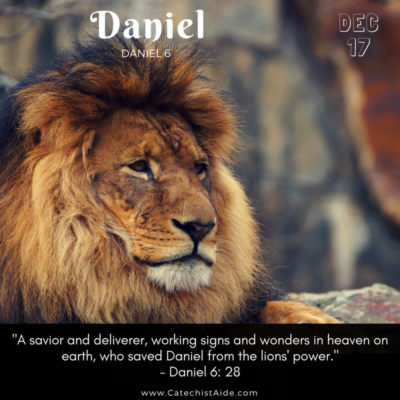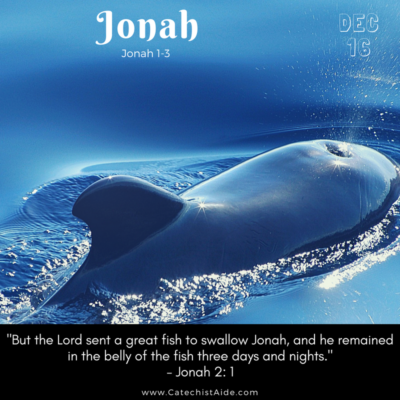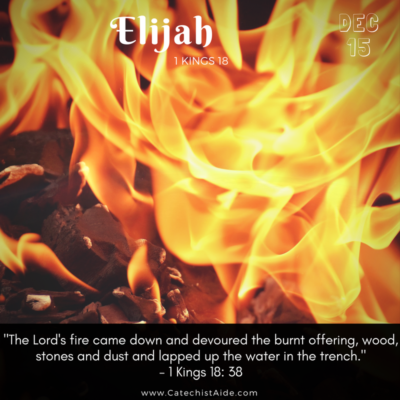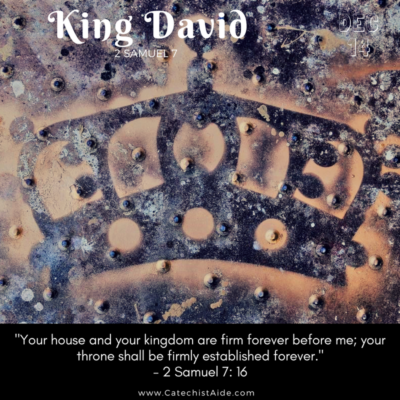December 19: Isaiah
Traditional Ornament: Candle or Light
Reading: Isaiah 9: 1-6
“The people who walked in darkness have seen a great light.” (Isaiah 9:1)
Darkness – this is where the Israelites find themselves in Isaiah’s time. They are living in a land of gloom and despair, they are struggling and oppressed, and in a position of weakness against a stronger adversary. But, Isaiah tells them that from this very place, a light has shone. Have hope for from this land of darkness, the Messiah will come!
“For a child is born to us, a son is given to us;
Upon his shoulder dominion rests.
They name him Wonder-Counselor, God-Hero,
Father-Forever, Prince of Peace.
His dominion is vast
And forever peaceful,
Upon David’s throne, and over his kingdom,
Which he confirms and sustains
By judgment and justice,
Both now and forever.” (Isaiah 9:5-6)
Isaiah’s message reminds us that God works through dark and dire situations to bring about light and hope. In this third week of Advent we celebrate Joy. Our joy comes from the knowledge that whatever our dark circumstance, whatever our hardship, burden, fear or loss, God’s grace is sufficient for us, and from our place of darkness, He can bring forth light and hope.
© 2017 Catechist’s Aide





